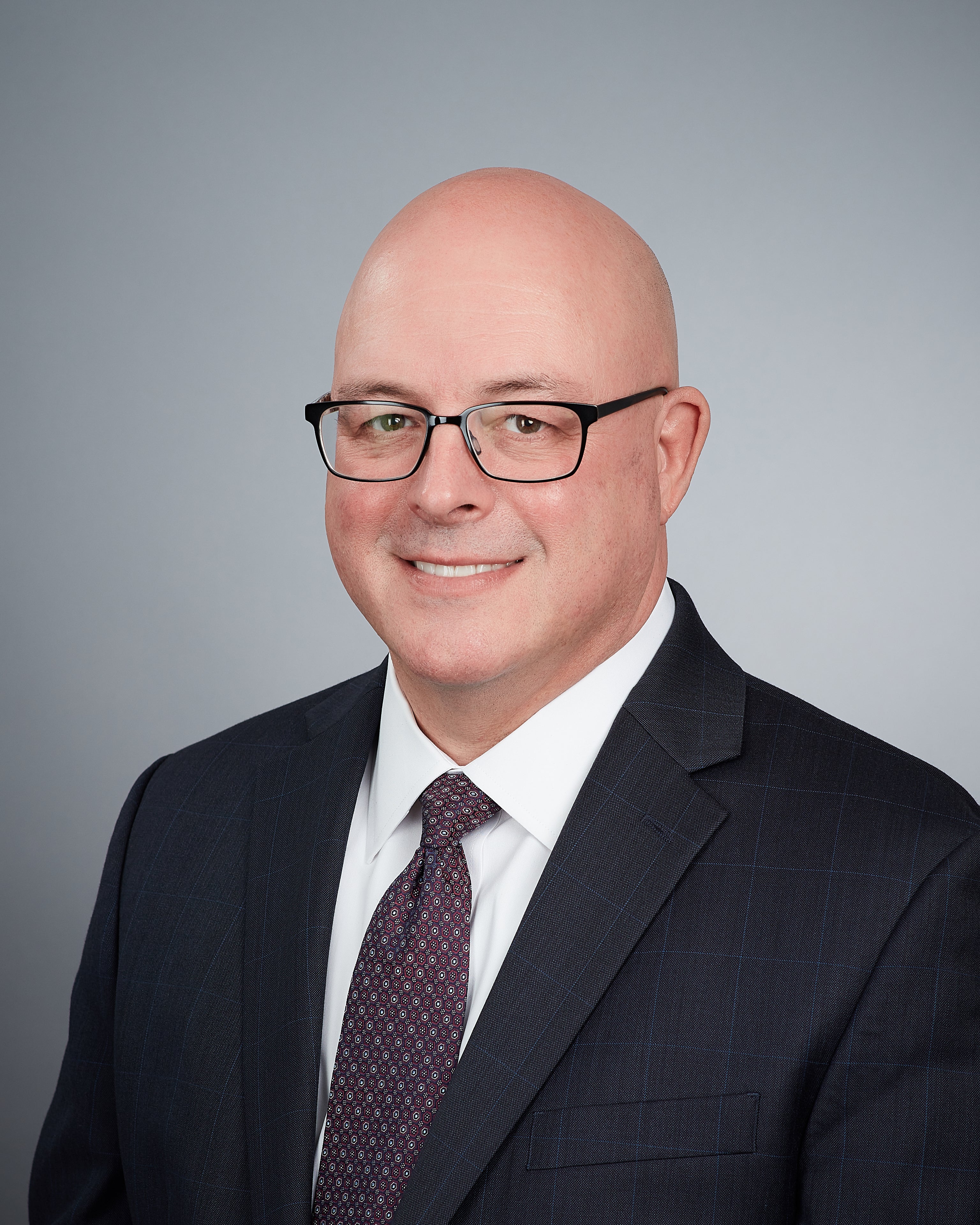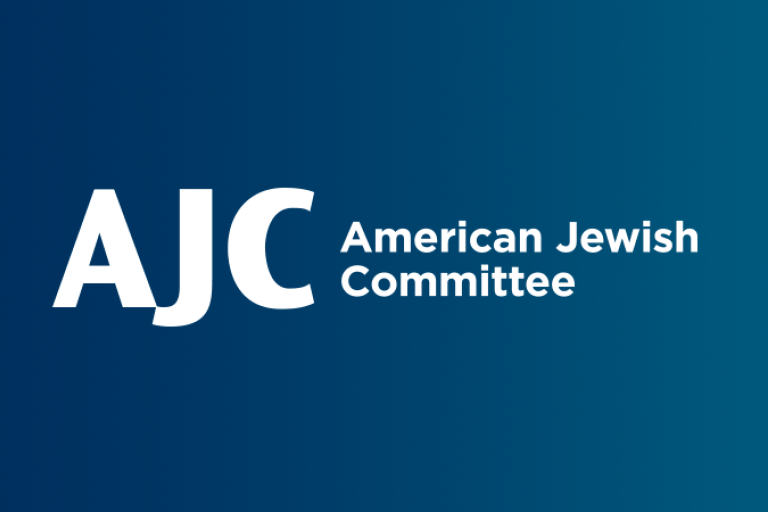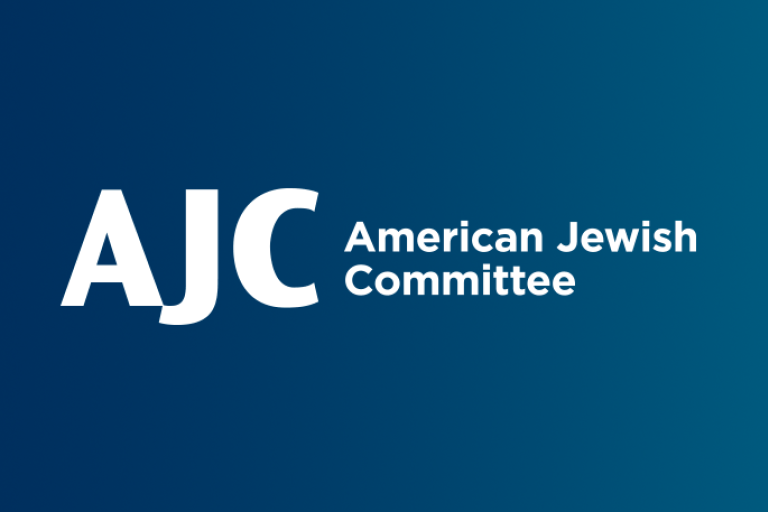November 14, 2018 — Milburn, New Jersey
This piece originally appeared in New Jersey Jewish News.
My wife and I were walking along the beach on a beautiful afternoon in Marbella, Spain — celebrating our 30th anniversary — when our cell phones began buzzing. We were shaken as we read the horrific news reports coming from Tree of Life Congregation in Pittsburgh. That moment hung over our trip in ways that were at first dispiriting, but ultimately heartening.
That evening during dinner at an outdoor café, our neighbors at the next table overheard us discussing what had happened in Pittsburgh. They were two women from Ireland on holiday, and they offered us their condolences. Then one said, “Well, you do have a lot of them over there!” The comment immediately put me on edge as I wondered what she meant. Who did we have a lot of?
That unease coalesced into understanding a day later while I was discussing the murders in Squirrel Hill with a hotel concierge. As he asked, “What happened to the United States?” I came to realize that this was the question on my mind as well. What happened to the America that had provided refuge and opportunity to my father after he survived the Holocaust? Perhaps even more powerfully than after Charlottesville, I was thankful that he did not live to see this moment. And I wondered, was this just one person or do we “have a lot of them”? Are we on our own or will others stand with us?
Being across the Atlantic during this painful time gave me the opportunity to view the tragedy from a different perspective. We were in Europe, where high security around large Jewish institutions is the norm and smaller ones exist incognito, avoiding overt signs of what lies behind their doors. We were in a place where Jewish communities harbor no false sense of security and do not look backward to a once secure Jewish community whose confidence was now shattered by a gunman’s rage.
The shadow of Pittsburgh remained with us all week as we followed the news from abroad. Even as the wonders of email and texting allowed me to aid my amazing staff in helping our New Jersey congregations and partners respond beyond all imagination to AJC’s call to #ShowUpforShabbat, I felt remote, saddened by my inability to do more.
And then Shabbat came, just in time, as it does every week.
Hours before hundreds of thousands in the United States were showing up for Shabbat, we found ourselves outside a nondescript address in Barcelona. There was no sign over the locked doors to indicate what was inside. Only a very small mezuzah on the doorframe signified a Jewish presence for those in the know. We rang the buzzer. After we indicated who we were, the doors opened wide and we entered into a circle of community, comfort, and welcome.
Comunitat Jueva Bet Shalom is a small progressive Jewish congregation in Barcelona. In this time of American-Jewish sorrow, its members not only opened their hearts and their spiritual home to us, but they had heard AJC’s call and had chosen to participate in #ShowUpforShabbat. They understood implicitly what this event meant to our community and responded with empathy and understanding.
Along with other American visitors, including some Jewish students on their semester abroad, we found healing in a service that included the lighting of a memorial candle for the 11 victims; special readings in their memory in English, Spanish, and Catalan; and the traditional prayers and melodies that tie us together wherever we may gather.
I was honored to be asked to speak both as an American rabbi and an AJC professional. I reflected on the lives lost, the special impact of the tragedy on me as one who had spent 29 years in the pulpit, and the comfort that we had taken in the amazing response to the #ShowUpforShabbat initiative. Most of all, I shared my gratitude for the healing and joy they had brought to our Shabbat by taking #ShowUpforShabbat global.
Although sanctuaries in the U.S. overflowed with worshippers, I don’t know that anything could have felt as moving as being in a small Spanish shul, where our numbers were counted in the tens rather than the hundreds. In that place, so far from home, we were reminded of the healing power of Shabbat that awaits us each week and the comforting presence of other Jews that can be found wherever our people gather for worship and community. In that small Spanish shul, we strangers were welcomed as family, our sorrow was taken on as their own, and we found resilience in a shared dedication to building a better Jewish future.
In commenting on #ShowUpforShabbat, AJC CEO David Harris wrote, “The community of conscience must stand as one … we are determined to ensure that love triumphs over hate, good over evil, unity over division. That’s our America.” In Barcelona I learned that it’s not just our America — it’s our global community. Just as we have stood with people around the world during times of terror in months and years past, they now stood with us.
In showing up for Shabbat in that Spanish shul, we were reminded most powerfully that that we are not alone. More than anything else, is what happened.
Rabbi David Levy is director of the American Jewish Committee (AJC) New Jersey regional office.



